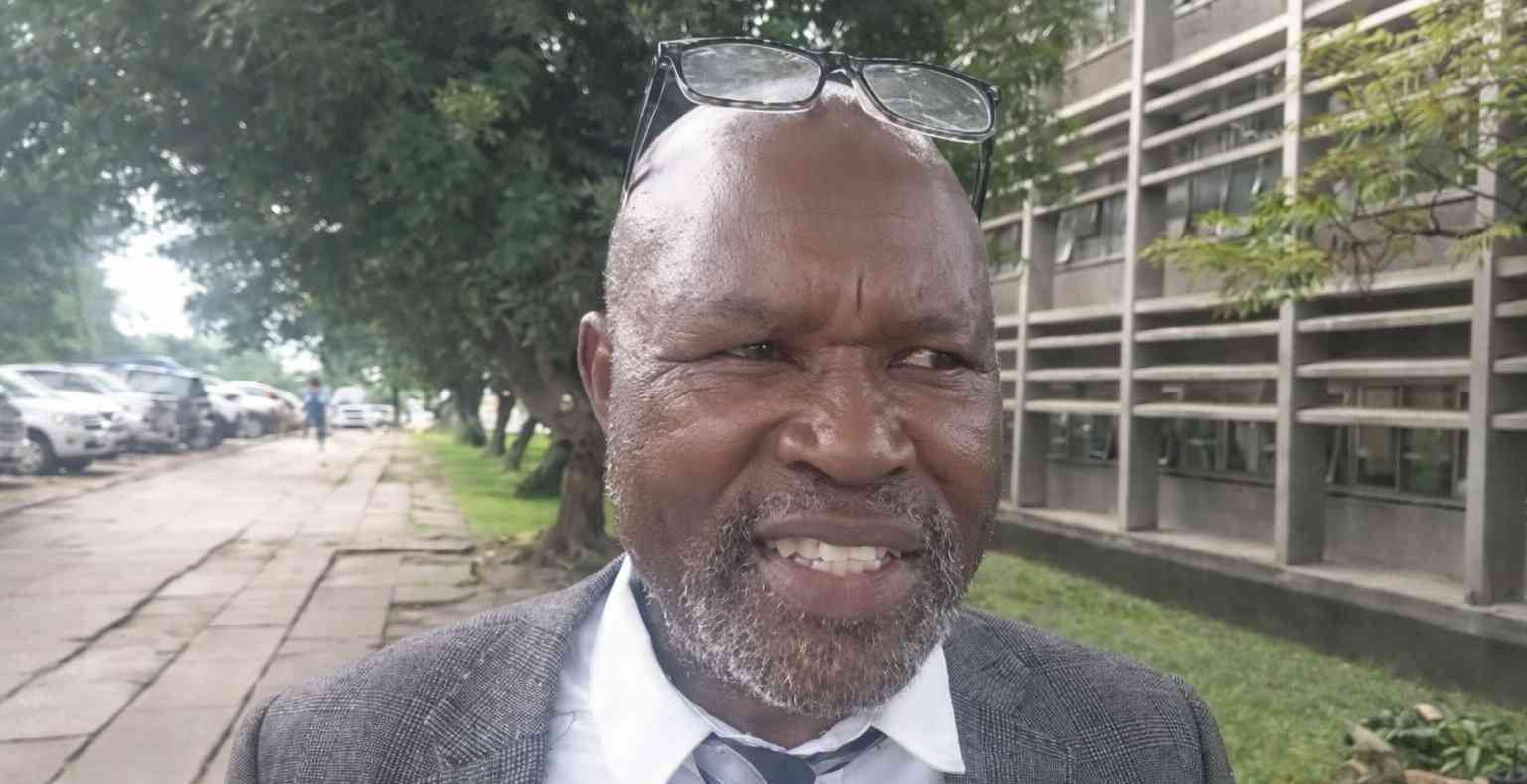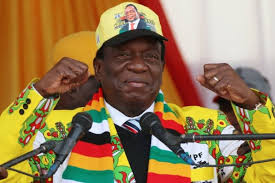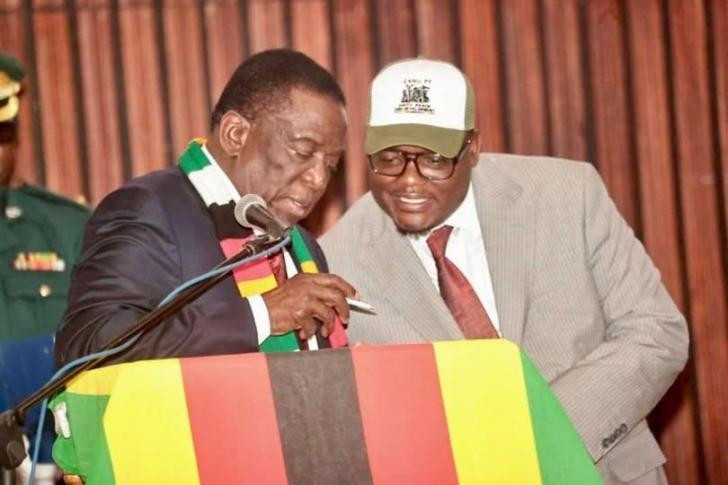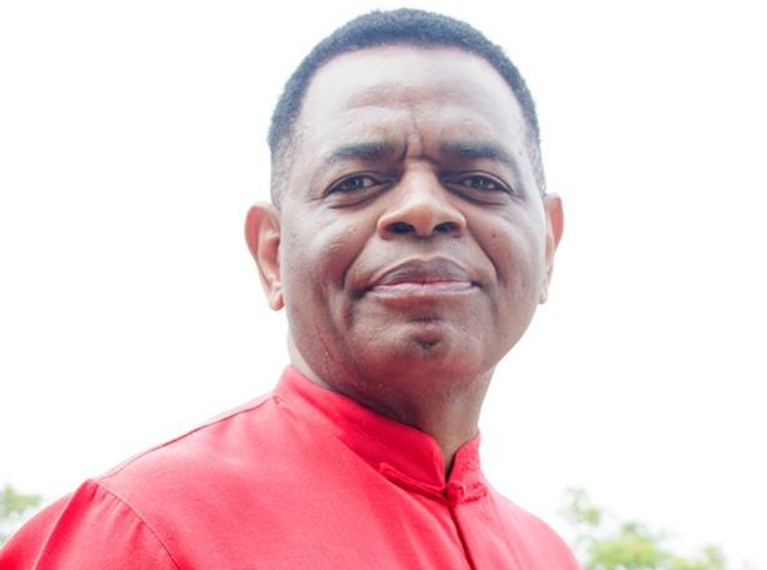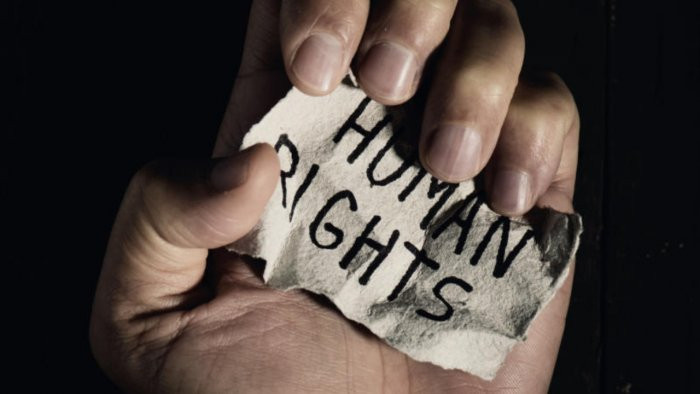
Human rights violations continued on a high trend during Women’s Month in March across the country.
The Zimbabwe Peace Project (ZPP) recorded 221 human rights violations, a slight decrease from 241 in February 2023. Sixty three percent of the violations were of threats, harassment, and intimidation, 13% of discrimination and 12% of assault.
ZPP identified 1 914 victims of human rights violations (79% male, 20% female, 0.3% male persons with disability and 0.4% female PWDs).
The general citizens populated the highest percentage of victims, 89%, and Zanu PF supporters followed with 5% and Citizens Coalition for Change (CCC) supporters with 4.5%.
Zanu PF party perpetrated most of the violations (50%), followed by the Zimbabwe Republic Police (ZRP) at 18%.
Mashonaland Central (34) and Manicaland (33) provinces recorded the highest violations, while Matabeleland North (13) and South (9) had the lowest.
ZPP is largely concerned about how women continue to be victims of human rights abuses and violations generally and especially in the month of March, which is women’s month.
The continued targeting of women as voters and also as prospective public office bearers does not bode well for women to be decision makers for issues that affect women and girls.
- Chamisa party defiant after ban
- Village Rhapsody: How Zimbabwe can improve governance
- News in depth: Partisan police force persecutes opposition, shields Zanu PF rogue elements
- Chamisa chilling death threat bishop defiant
Keep Reading
The constitution provides for the full participation of women in politics and other spheres that have a bearing on their welfare, but it is the enforcement of constitutional provisions by the government and political parties that leaves them out to dry.
While there are laws that are meant to protect women against digital abuse online these are selectively applied.
The ZPP joined the rest of the world in commemorating International Women's Day which is held annually on the 8th of March.
The day was celebrated under the theme, DigitALL: Innovation and technology for gender equality.
The day offered an opportunity to reflect on progress made in terms of gender equality, to celebrate acts of courage and determination in promoting the rights of women and girls in digital spaces contributing to the history and development of their countries and communities.
In line with the international theme this year, ZPP adopted the theme “Promoting Cyber Tolerance and Online Etiquette for Gender Equality” as a response to the many breaches of peace and exclusion of women in digital spaces that are increasing as a result of socio-economic and political factors.
Section 17 of the Constitution of Zimbabwe promotes the full participation of women in all spheres of Zimbabwean society on the basis of equality with men.
Cyber bullying discourages aspiring female office holders from taking up the challenge as the online harassment of women discourages other women from taking part in politics, which will have a negative impact on inclusive programming and gender equality.
ZPP continues to remind the government of the constitutional obligation under Section 17 of the constitution to achieve gender equality and to be gender inclusive.
In the month of March, Zanu PF conducted their internal process of choosing candidates; the primary elections.
The race for power resulted in the use of violence internally within Zanu PF and this for all intents and purposes is an indicator that the upcoming harmonised elections are likely to be more violent.
Zanu PF candidates threatened, harassed and intimidated each other and in some instances death threats were also reported.
The need by Zanu PF activists to control and cling to power in communities across the country also led them to harass and intimidate citizens and opposition supporters particularly the Citizen’s Coalition for Change (CCC) members.
Although the polling process was described by many as relatively peaceful, it was marred by violations and irregularities.
During the elections, many voters had their names missing on voters rolls and some people did not manage to vote.
The voters' roll used was the cell register after months of restructuring the same.
In some polling stations, there were some delays in the opening hours for voting.
The abuse of women candidates was recorded in some areas such as Mangwe constituency where one of the candidates, Hlalani Mguni’s posters were being torn off.
Mguni is the widow of the former Member of Parliament for Mangwe, Obedingwa Mguni.
As the 2023 harmonised elections draw closer, the security forces received a 400% salary increase.
The government’s decision to award soldiers and police a salary increment has been seen as an attempt to ensure the loyalty of the security forces as the country braces for the 2023 harmonised elections.
The selective pay hike for security forces comes as teachers had rejected a 50% increase in their local currency wages. During the opening of the 2023 Annual National Chiefs Conference in Bulawayo, President Emmerson Mnangagwa stated that chiefs in Zimbabwe would be receiving medical cover to be administered by the Premier Service Medical Aid Society.
This was said while handing over a medical aid card to National Council of Chiefs president Fortune Charumbira.
The president also handed over motor vehicles to chiefs for use as they traverse their jurisdiction meeting communities.
In recent years, ZPP has documented how chiefs and traditional leaders have been central in mobilising and campaigning for Zanu PF in rural areas through intimidation.
The Monthly Monitoring Report (MMR) is a compilation of human rights violations in Zimbabwe.
In addition to identifying offenders, the report informs the public about the state of social, political, economic, civil, and cultural rights and is used to develop advocacy activities with various stakeholders.
ZPP launched the #RRRV2023 campaign in advance of the elections to mobilise citizens to resist, reject, and report violence.
The movement seeks to establish a free and fair electoral process where voters may express their displeasure and report electoral irregularities while also becoming more alert and responsive to put pressure on duty-bearers to take responsibility for their conduct. - ZPP
Smart allocation of resources will tame Zim’s inflation
Although the January 2023 official statistics are showing perpetual moderation of price inflation, the economy remains very tight for the majority of citizens.
The January statistics from Zimbabwe National Statistics Agency (ZimStat) show the month-on-month inflation rate plummeted to 1.1% from 2.4% recorded in December 2022.
This is the lowest outturn since its last monthly peak of 30.7% realised in June 2022.
However, qualitative surveys are exposing the struggles faced by the common man.
For instance, the results from the ZimStat’s 8th round Rapid Poverty Income Consumption Expenditure Survey (PICES) telephonic survey supported by Zimbabwe Reconstruction Fund and World Bank shows that due to financial constraints, only 42% of the households managed to pay school fees in full.
Despite the disruption of the traditional learning systems by the Covid-19 pandemic, about 18% of school children remotely communicated with their teachers and only 2% used mobile learning applications.
The survey also established that at national level, the proportion of households that were able to buy medicine decreased to 74%.
Statistics continue to concretise the idea that the government should properly harness its ever-rising diaspora population which is immensely contributing to the socio-economic well-being of citizens.
The PICES report established that many households (6.5%) derive their income from Zimbabwe’s expats living abroad which is nearly double the assistance being provided by the government (3.6%).
The pending Private Voluntary Organisations (PVO) Bill, which seeks to stifle civic space can likely pose a greater humanitarian crisis if signed into law.
The PICES survey report indicates that about 2% of households earn income or get support from NGOs and charitable organizations.
In its 2023 monetary policy statement, the Reserve Bank of Zimbabwe highlighted that diaspora remittances and NGOs contributed about US$1.66 billion and US$1.4 billion to international remittances in 2022 respectively.
This is about 24.2% of the US$11.57 billion forex received by Zimbabwe in 2022.
To ensure increased forex liquidity in the economy and avert a likely deadly humanitarian crisis, the president is recommended not to assent to the PVO Bill.
Parliament should allow diaspora voting as this is key to ensuring they enjoy their civic and political rights as well as participate in natural resource governance back home.
Zimbabwe has seen massive infrastructure investment particularly the country’s road network.
While the construction of roads has received glory from the government and regime sympathizers a blind eye has been cast on value for money audits.
Value for money audits are integral audits that assess a project’s efficiency, effectiveness and economy.
The lack of value for money audits have raised allegations of rampant abuse of public resources.
Currently, the citizens have not been furnished with the granular expenditure details of the Harare-Beitbridge road.
At the same time, the Treasury and the Zimbabwe National Roads Administration have set aside over $130 billion to rehabilitate about 10 000 kilometres under the second phase of the Emergency Road Rehabilitation Programme.
It is worrying that resources continue to be allocated to road construction without the citizens being furnished with reports on how much has been utilized as well as processes which led to the awarding of the tender. - Zimbabwe Coalition on Debt and Development

